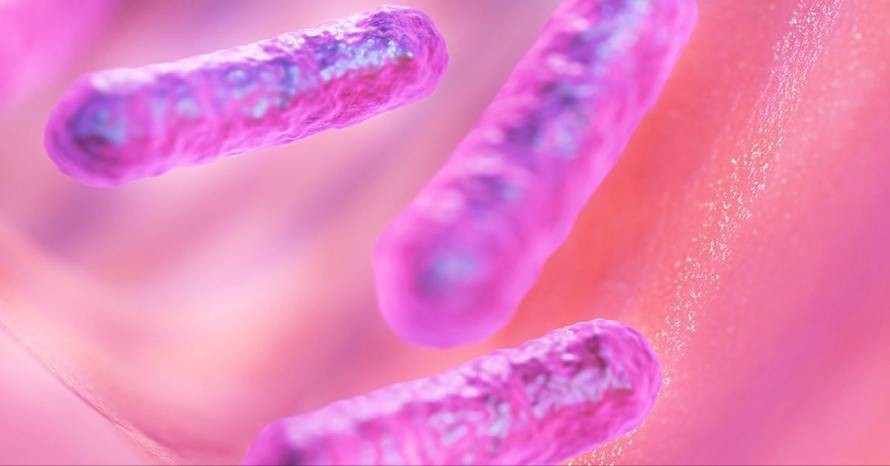Researchers from the University of California San Diego have uncovered thousands of previously unknown bile acids, a type of molecule used by our gut microbiome to communicate with the rest of the body. This groundbreaking discovery greatly expands our understanding of how gut microbes interact with and influence our health.
“Bile acids are a key component of the language of the gut microbiome, and finding this many new types radically expands our vocabulary for understanding what our gut microbes do and how they do it,” said senior author Pieter Dorrestein, Ph.D., professor at Skaggs School of Pharmacy and Pharmaceutical Sciences and professor of pharmacology and pediatrics at UC San Diego School of Medicine. “It’s like going from ‘See Spot Run’ to Shakespeare.”
Bile acids are produced in the liver, stored in the gallbladder, and released into the intestine to aid in digestion. Gut microbes then metabolize these bile acids, transforming them into a vast array of different molecules called secondary bile acids. Until now, the rich diversity and range of functions of secondary bile acids have been underappreciated by scientists.
In addition to aiding digestion, bile acids also serve as important signaling molecules that help regulate the immune system and play crucial roles in lipid and glucose metabolism. These molecules help explain how microbes in the gut can influence distant organ systems.
The researchers leveraged the unique resources of UC San Diego, including the Collaborative Microbial Metabolite Center (CMMC), to discover these new molecules. They also utilized a new tool that can instantly match microbes to the metabolites they produce, making this study the first of potentially many to explore specific types of molecules.
“We’re rewriting the textbook of human metabolism,” said Dorrestein. “If you’d have spoken to me a few years ago, I would have said we were decades away from solving this puzzle, but now, it could happen within five years. It’s really a remarkable change in our capabilities, and we believe it’s going to revolutionize the way we approach disease.”
The researchers hope to explore the specific functions of their newly-discovered bile acids and apply their approach to other types of biomolecules, such as lipids or other kinds of acids.
#GutMicrobiome #BileAcids #MicrobialCommunication #Metabolism

